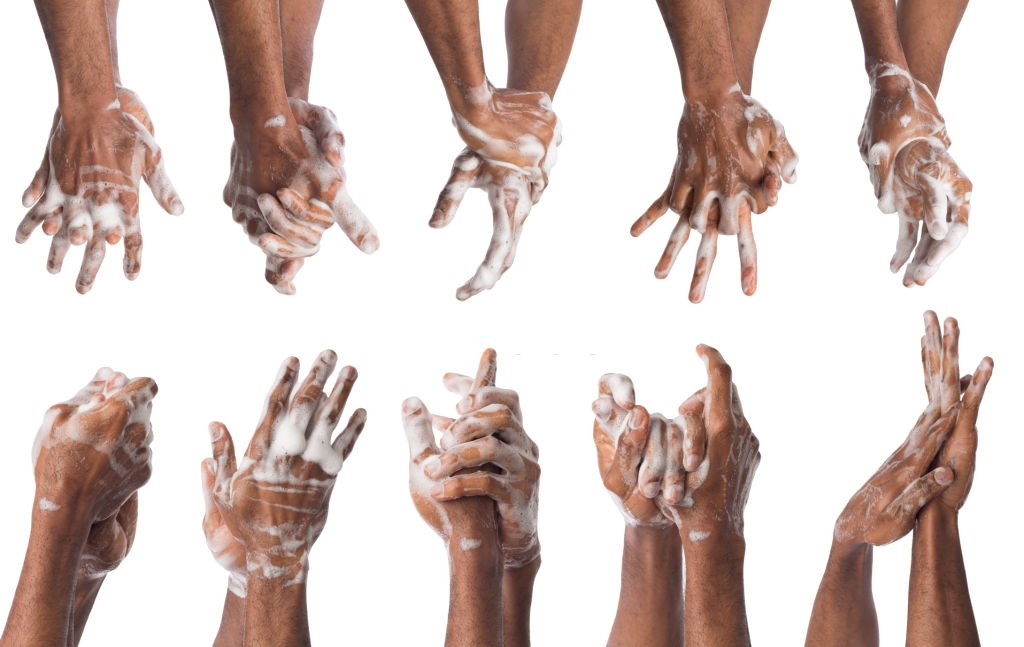How to wash your hands
Hand-washing is an easy way to help prevent the spread of bacteria and viruses. Learn more about when to wash your hands, and how to most effectively do so.
Hand washing is easy to do and is a good step to take to help prevent the spread of illness causing bacteria and viruses.
When should you wash your hands?
Your hands touch a lot of surfaces throughout the day, and consequently can pick up bacteria and viruses. It is good practice to wash your hands frequently throughout the day, but make sure you wash your hands especially at these key moments¹:
- After using the toilet or changing a nappy
- After coming in from outside especially after travelling
- Before and after handling raw foods like meat and eggs
- Before eating or handling food
- After blowing your nose, sneezing or coughing
- Before and after treating a cut or wound
- After touching animals, including pets, their food and after cleaning their cages
How to wash your hands:
- Wet hands with clean running water
- Apply Dettol Antibacterial bar, enough soap to cover your hands
- Rub your palms together (away from the water)
- Rub your fingers and thumbs and bits in between
- Rub your nails on your palms
- Rub the back of each hand
- Rinse with clean running water
- Dry with a clean towel or paper towel
You should wash your hands for at least 20 seconds.
References:
